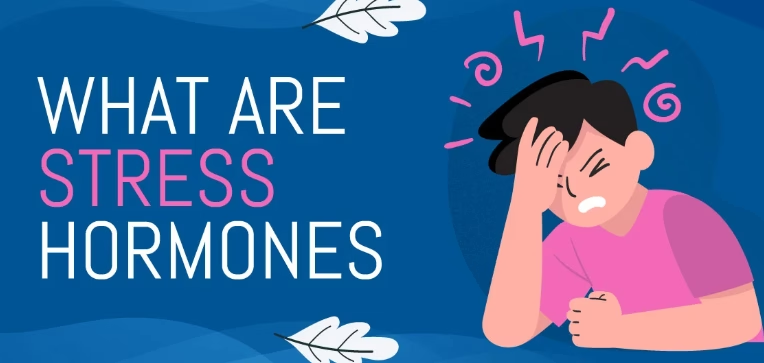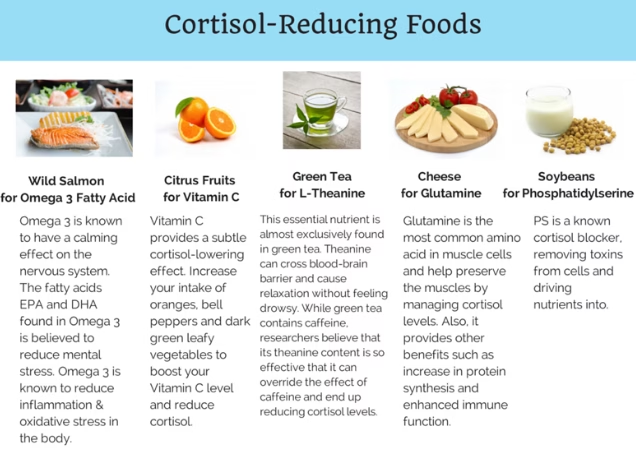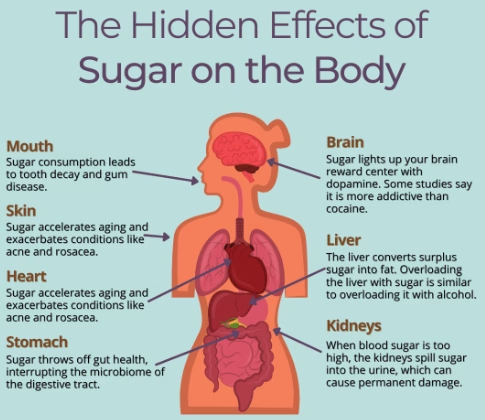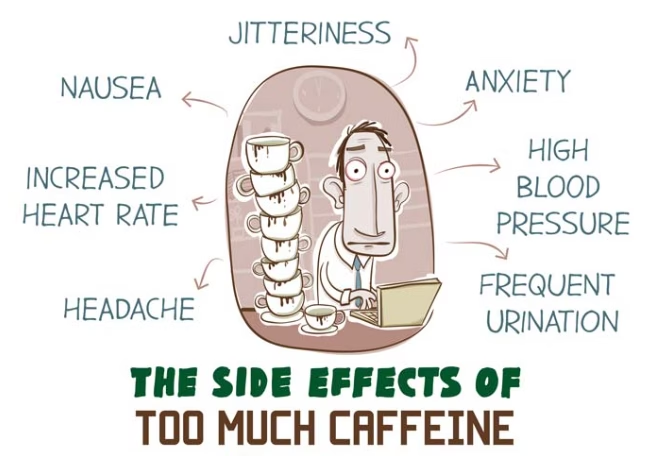In today’s fast-paced world, stress is an all-too-common companion. Our bodies react to stress by releasing hormones like cortisol, adrenaline, and DHEA, which are crucial for our survival in short bursts but can wreak havoc on our bodies when chronically elevated. Surprisingly, what we eat can significantly influence these stress hormone levels, offering a powerful tool for stress management and weight control. Let’s explore how diet impacts stress hormones and discover some dietary choices that can help promote a calmer, more balanced life.
The Role of Stress Hormones

Cortisol, often called the “stress hormone,” plays a vital role in our body’s response to stress. It helps regulate metabolism, inflammation, and immune responses. However, chronic stress can lead to elevated cortisol levels, which can contribute to weight gain, especially around the abdomen. Adrenaline and DHEA also play roles in the body’s stress response, affecting heart rate and energy levels. Managing these hormone levels through diet can be a key strategy in stress management.
Balancing Cortisol with Diet

To maintain balanced cortisol levels, focus on your diet. Specific nutrients and food groups can help regulate these stress hormones.
- Complex Carbohydrates: Whole grains, such as oats and quinoa, can stabilize blood sugar levels and promote serotonin production, a neurotransmitter that has a calming effect.
- Omega-3 Fatty Acids: Found in fatty fish like salmon and mackerel, omega-3s have been shown in studies by Harvard Health to reduce cortisol levels and improve overall mood.
- Magnesium-rich Foods: Foods like spinach, almonds, and avocados are high in magnesium, which can help regulate cortisol production and promote relaxation.
The Impact of Sugar and Caffeine

Sugar and caffeine, while providing temporary energy boosts, can exacerbate stress in the long run. High sugar intake can lead to spikes and crashes in blood glucose levels, increasing anxiety and stress. Caffeine, found in coffee and energy drinks, can elevate adrenaline levels and disrupt sleep patterns, impacting cortisol regulation.
According to the CDC, moderating the intake of these substances can help maintain hormonal balance. Consider swapping sugary snacks for fruits and replacing your second cup of coffee with herbal teas like chamomile or green tea, known for their calming properties.

Practical Dietary Strategies to Reduce Stress

Incorporating specific changes into your diet can help manage stress hormone levels and promote a healthier lifestyle:
- Regular Meals: Eating at consistent times can help stabilize blood sugar levels and reduce stress-induced cravings.
- Hydration: Staying well-hydrated supports optimal bodily functions and helps prevent stress-related fatigue and irritability.
- Mindful Eating: Paying attention to your meal and savoring each bite can enhance digestion and lower stress levels. Try techniques from Slim180 Weight Loss to integrate mindfulness into your meals.
In conclusion, stress is unavoidable, but mindful eating can help manage its effects on our bodies. Understanding and adjusting our dietary habits can influence our stress hormone levels and lead to healthier, more serene lives. Stay informed and explore further tips on our platform, where we delve deeper into the connections between stress, diet, and weight loss.
